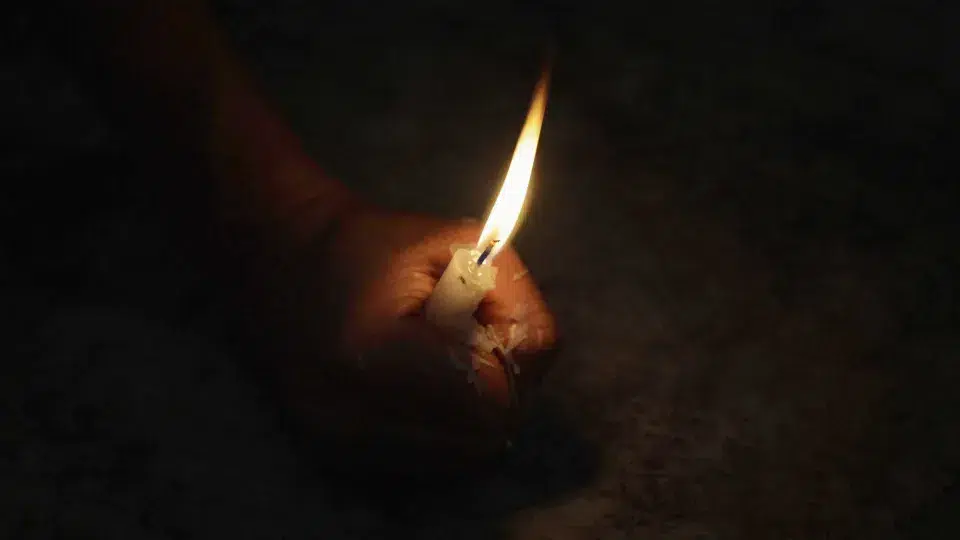
“A CNA urges the Government to implement concrete, swift, and compensatory measures to support affected producers in covering expenses related to cleaning operations, uprooting and destroying plants, and replanting new orchards and non-host crops,” the statement reads.
The Government has decided to take additional measures to combat the bacteria causing fire blight, mandating the destruction of orchards where more than 50% of plants show symptoms.
Fire blight affects apple trees, quince trees, pear trees, and some ornamental species, among others.
“Farmers are the primary stakeholders in maintaining good sanitary conditions of their orchards and are at the forefront of fighting the spread of these diseases. However, without support, these operations undermine the fight itself and will result in significant income losses that could lead to the abandonment of these farms,” the statement continues.
The CNA emphasizes the need to compensate farmers for the “loss of income” resulting from the “total absence of production” until production regularity is achieved.
“The fight against the spread of pests and diseases affecting agriculture requires a true national strategy, with strengthened resources for research and innovation, and must include the necessary support for producers,” the CNA states.
According to a decree published on Thursday in the Diário da República, the Government has mandated the “immediate uprooting and destruction, by burning or burial, of the entire orchard plot with more than 50% of the plants showing visible symptoms and with at least one-third of the canopy affected, including trunks.”
This decree, signed by the Secretary of State for Agriculture, João Moura, will be effective until December 2025 and comes into force today.




